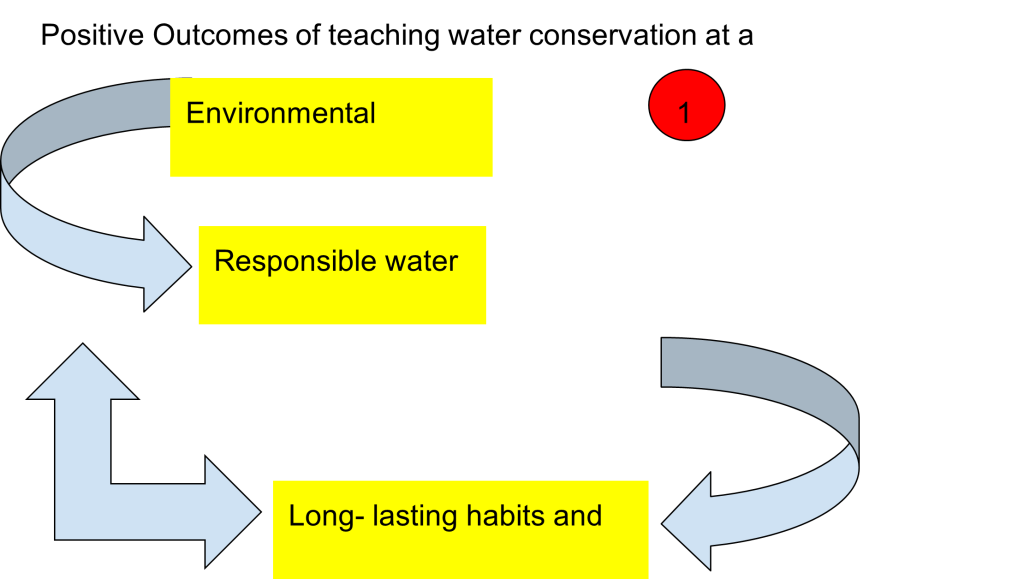Group #9 Name: Alexandra Guerrero, Tamiria Dixon, Payton Plummer
Project Idea Draft Title:
The effects of elementary environmental education on student retention and community involvement.
Research Question: (stated as a testable question)
How do the benefits of teaching environmental education from a young age improve sustainable practices in the kids’ home/community?
Hypotheses: (stated as mutually exclusive answers to your research question)
Alternative Hypothesis:
If children receive environmental education from a young age, then they will be more inclined to apply sustainable practices in their homes and communities, because early exposure increases awareness, information retention, and long-term habits.
Null Hypothesis:
Teaching environmental education from a young age has no effect on sustainability improvements in children’s homes or communities.
Prediction: (stated as a range of expected results will lead you to reject or accept the stated or null hypotheses)
Children who receive environmental education from an early age will express water conservation, deeper community involvement, and better recycling habits compared to the children who did not receive this education as well as eventually influencing communities in these practices.
Evidence: (Rationale of your hypotheses based on peer-reviewed scientific literature and science news on your topic)
Review Articles: (list the citation and what it says about your topic)
This article focuses on studies conducted over many years to examine the impact of educating children about the environment at a young age. They had many positive outcomes that relate to what we hope can happen when integrating interactive water conservation activities into JJKfan. They have teaching strategies that we are also interested in using, such as kids spending time outside with nature, engaging in creative art activities, and taking action and advocating for change.
Ardoin, N. M., & Bowers, A. W. (2020). Early childhood environmental education: A systematic review of the research literature. Educational Research Review, 31, 100353. https://doi.org/10.1016/j.edurev.2020.100353
Research Articles: (list the citation and what it says about your topic)
This research was done in a preschool. I found it interesting that the different methods they use to improve. We can use many of their examples to help our project. The methods are surveys on educators, specifically early childhood, interviews with program designers, talking to the kids from the program to see what they think, could really help our project. Teaching the kids through programs at an early age can help us better understand the behavior and actions of the kids and their possible future actions in water conservation.
Miller, M. G., Davis, J. M., Boyd, W., & Danby, S. Learning about and Taking Action for the Environment: Child and Teacher Experiences in a Preschool Water Education Program. Children, Youth and Environments, 24(3), 43-57. https://doi.org/10.7721/chilyoutenvi.24.3.0043
SciComm Articles: (list the citation and what it says about your topic)
This article highlights the significance of education in water conservation from a young age. It informs us of challenges that come with programs, such as a lack of mentorship, funding, and teaching methods and materials. They discuss its importance in interactive activities, which help make habits or practices, just like what we discuss in our project.
Alternative Development Initiatives. (2024, June 5). Youth engagement in water
Conservation: Educating and empowering the next generation. ADI Interternation.
Proposed Experiment: (Experimental Design of your research project)
Independent Variables: what treatment or comparison groups or what factors will you modify
– Received environmental education from an early age
– Did not receive environmental education from an early age
– Received environmental education in later years
Dependent Variable: what will you measure
– Environmental education retention (this could be test scores)
– Amount of involvement in the community
– Water conservation habits
Control Variables: what will hold constant between treatments
– Age (elementary to middle school children)
– Location (North America)
Procedures: what you will do, how, how much, how often, how long, when
A few months, once a week for about an hour long.
Constructed Figure(s): graphic representation of the proposed results of data that supports your proposed hypothesis/research question. (hint: it’s based on your Prediction Statement
